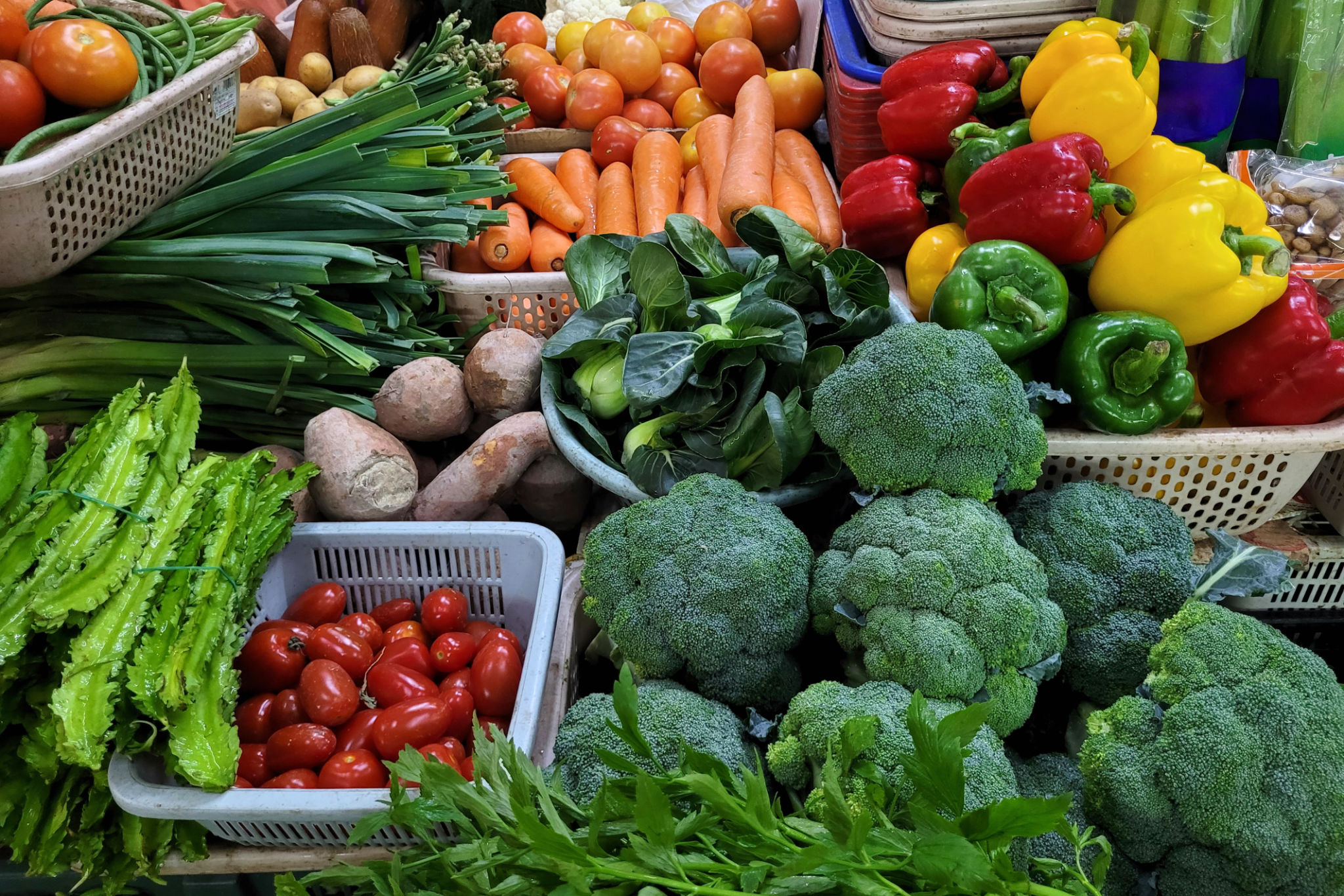From Farm to Table: Understanding Local Sourcing for Charcuterie Ingredients
In recent years, the concept of "farm to table" has gained significant traction, particularly in the world of gastronomy. This movement emphasizes sourcing ingredients locally, allowing consumers to enjoy fresh, high-quality products while supporting local economies. One area where this approach has been particularly impactful is in the crafting of artisanal charcuterie. Understanding local sourcing for charcuterie ingredients can enhance both the quality and ethical footprint of these delicious meats.
The Importance of Local Sourcing
Local sourcing refers to the practice of obtaining ingredients from nearby farms and producers. This approach offers several benefits, including reduced carbon footprints due to shorter transportation distances and support for small-scale farmers and businesses. When it comes to charcuterie, local sourcing ensures that meats are fresher and often more flavorful. By cutting down on travel time and handling, the natural flavors and textures of the meats are better preserved.

Building Relationships with Farmers
One of the most significant advantages of local sourcing is the development of strong relationships between producers and farmers. These connections allow for greater transparency in the production process, enabling artisans to ensure that animal welfare standards are met and that sustainable farming practices are used. This not only improves the quality of the charcuterie but also aligns with ethical consumer values.
Farmers can also provide unique insights into their livestock's diets and living conditions, offering charcuterie producers the opportunity to tailor their products to highlight specific flavors and textures. This collaboration can lead to innovative and exclusive offerings that set local charcuterie apart from mass-produced alternatives.

Benefits of Seasonal Ingredients
Another advantage of local sourcing for charcuterie is the availability of seasonal ingredients. By working with local farmers, charcuterie producers can incorporate seasonal flavors and variations into their products, providing consumers with a dynamic and ever-evolving tasting experience. Seasonal ingredients not only enhance flavor profiles but also allow producers to create limited-time offerings that drive interest and excitement among customers.
Supporting Local Economies
Purchasing ingredients locally has a ripple effect on regional economies. By investing in local products, charcuterie producers contribute to job creation and help sustain agricultural communities. This support is crucial in maintaining diverse agricultural landscapes and preserving traditional farming methods that might otherwise be lost in large-scale industrial agriculture.

Challenges of Local Sourcing
While local sourcing offers numerous benefits, it is not without its challenges. Seasonal availability can sometimes limit ingredient options, and small-scale farmers may struggle to meet large orders. Additionally, local products may come at a higher price point due to the costs associated with sustainable farming practices.
Despite these challenges, many charcuterie producers find that the advantages outweigh the drawbacks, as consumers are increasingly willing to pay a premium for high-quality, ethically sourced products. By educating customers about the benefits of local sourcing, producers can foster a deeper appreciation for their offerings.

Ultimately, understanding and embracing local sourcing for charcuterie ingredients not only elevates the quality of the final product but also supports sustainable practices and strengthens community bonds. As more consumers seek authenticity and transparency in their food choices, the farm-to-table movement continues to shape the future of culinary arts, giving rise to exciting new possibilities for charcuterie lovers everywhere.